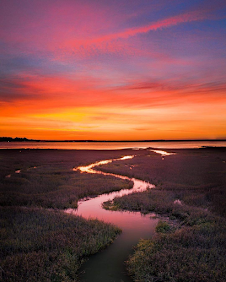Walking to Listen is good, titularly combining two of my favorite things--the peripatetic and the auditory.
Subtitled 4,000 Miles Across America, One Story at a Time, Andrew Forsthoefel's account of his post-graduate transcontinental "slog" after finishing at Middlebury in 2011 is our freshman read. Most of our incoming class probably won't pick it up because it's, you know, a book. That's a shame. It's an education in itself and a good preamble to philosophy, in whose standard discourse so much is so often said and so little really heard. It is, as the Washington Post reviewer said, an "ideal antidote for even the strongest bout of national doubt." And that's what a lot of us have got right now, on this 4th of July holiday weekend eve, isn't it? National doubt? Global doubt? Maybe even a bit of species self-loathing?
There's an Enlightenment/Rationality theme here: Andrew wanted to know what it could mean to come of age, grow up, “be a man,” throw off his self-imposed non-age and immaturity. Having as yet had little firsthand experience of an edifying sort himself, he decided to hit the road and go get some. He would open himself to others' experience, as revealed by the stories he resolved to listen to, while gathering his own.
There's a related Jamesian/pluralist theme: we can all teach each other, it takes every voice to make a chorus etc. "Each attitude being a syllable in human nature's total message, it takes the whole of us to spell the meaning out completely." VRE
There's a message about slowing down and waking up, focusing the attention and being appropriately wonder-struck by the astonishment of existence. “Life is fast, and I’ve found it’s easy to confuse the miraculous for the mundane, so I’m slowing down, way down, in order to give my full presence to the extraordinary that infuses each moment and resides in every one of us.”
And there's hopefulness in Forsthoefel's humanistic anticipation of a species-level Great Leap Forward that may just be possible for us yet. “Evolution takes its sweet time in its work on our collective consciousness; the lasting leap from fear to love in the human mind will be its masterpiece.”
So, fresh-persons, please put down the game-controller for a bit and pick up this book. It's worth a listen.
















